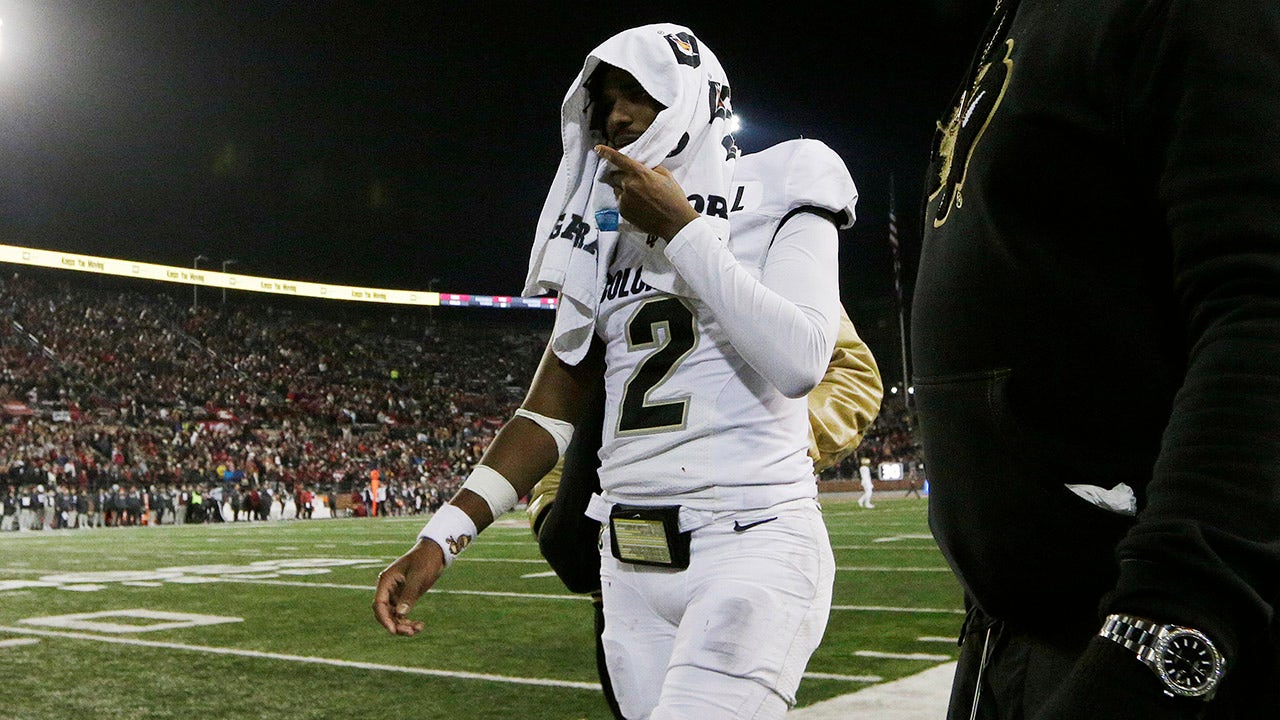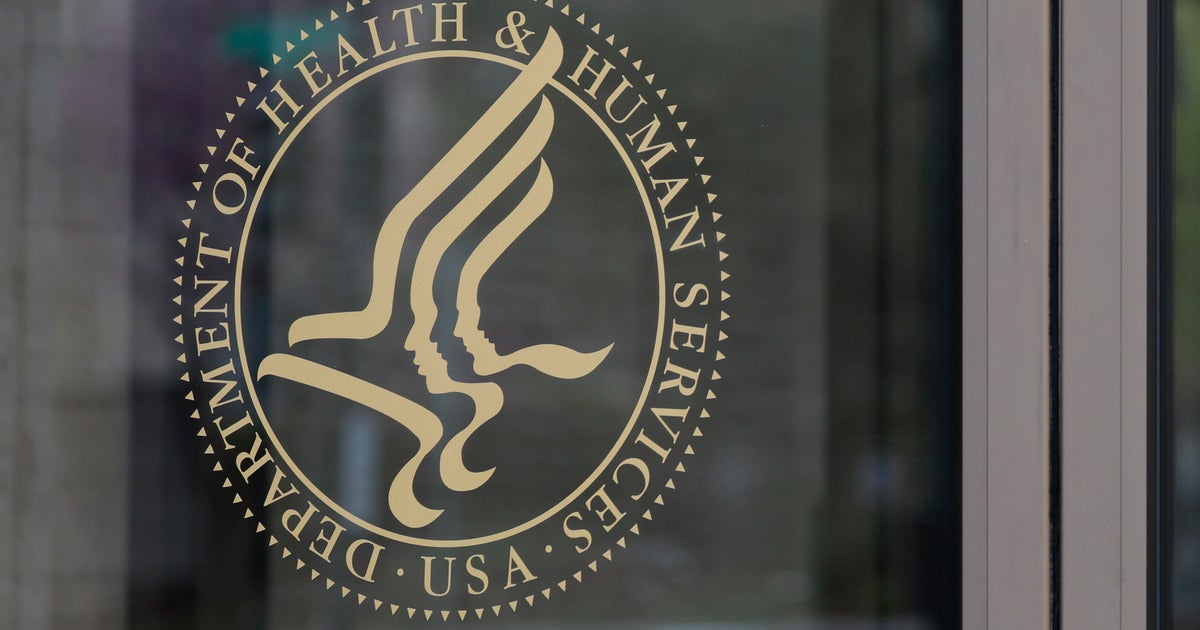“The annual saving in fiscal resources that this move entails is short-lived. By postponing current expenses to the future, states risk accumulation of unfunded pension liabilities in the coming years,” the RBI said on OPS in its latest report on state finances.
Several opposition-ruled states, including Himachal Pradesh, Jharkhand, Punjab, Chhattisgarh and Rajasthan have announced a return to the defined benefit scheme, promising retired government employees 50% of the last pay drawn as the monthly pension. The move signals a reversal in the shift to the National Pension System, implemented by the Manmohan Singh government in 2004, where government employees contribute 10% of salary with a matching contribution from employer. Several economists, including Singh’s key aide Montek Singh Ahluwalia, have criticised the move by the states. In several cases, the pension outgo is already high (see graphic).
In the report, the RBI has noted that improvement in the fiscal situation across states as well as a recognition of the off-budget borrowings, something that the Union finance ministry had taken up with the state governments.
The RBI has suggested states should focus on higher capital expenditure, arguing that it benefits the state GDP for at least two years. It went on to suggest setting up of capex buffer funds, where money is set aside during “good times” when revenue flows are strong so that spending is not impacted during periods of economic slowdown.















































